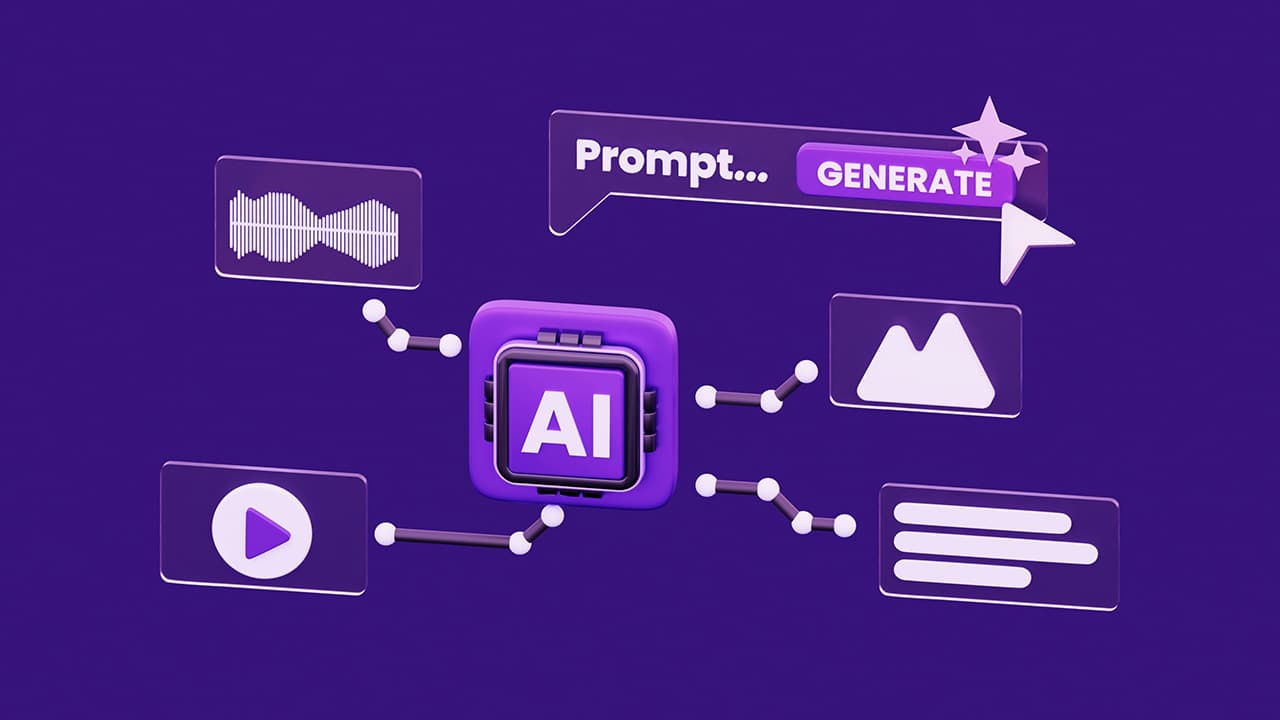Will AI Keep Advancing in 2025?
AI development has progressed at an extraordinary pace since ChatGPT’s launch in late 2022. This momentum continued throughout 2023, and while some worry about a slowdown in 2025, AI is likely to continue growing—albeit in different ways. Here’s why AI will keep moving forward and the challenges it will face.
Overcoming Hardware Limits
One of the major challenges for AI is the physical limits of computing power. Current chips used for training large models are nearing their peak. The once-reliable prediction of Moore's Law, which suggested computing power would double every two years, no longer holds true. But new technologies are emerging to fill the gap. Innovations such as specialized processors designed for AI tasks and the exploration of quantum computing could provide the breakthroughs needed to sustain AI growth.
Companies like NVIDIA, AMD, and Intel are making significant strides to develop more efficient chips, and researchers are working on hardware optimization to maximize performance with fewer resources. Even if traditional chip improvements slow, advancements in AI-specific hardware and alternative computing methods should ensure steady progress.
Using Data More Effectively
AI models thrive on vast amounts of data. The challenge is that many of the best datasets have already been used for training current models, making it harder to find new, high-quality data. Still, AI isn’t entirely dependent on large amounts of data. New techniques like few-shot learning, transfer learning, and synthetic data are allowing AI systems to learn more effectively with less information.
Improved methods of data augmentation and better use of existing datasets can help keep the quality of AI models high. Moreover, as regulations on data collection tighten, AI’s ability to work with fewer, more curated datasets will be key to overcoming this hurdle.
Dealing with New Regulations
Governments around the world are creating regulations to keep AI safe and ethical. The EU’s AI Act, which takes effect in 2025, will impose stricter requirements on companies. While these regulations may slow down some AI projects initially, they could also lead to more stable and reliable development in the long run.
Clear guidelines on data privacy, security, and AI safety will likely lead to safer products, creating public trust. These regulations can encourage companies to collaborate more closely, creating AI systems that meet the needs of society without compromising ethical standards.
A Crowded Market
As more companies develop AI tools, the market could become oversaturated. While this might seem like a barrier to new ideas, competition often drives innovation. Instead of simply trying to build bigger models, companies will likely focus on refining existing systems or creating more specialized AI solutions. The rise of industry-specific applications will lead to rapid improvements in fields like healthcare, finance, and transportation, where tailored AI solutions can have a huge impact.
Shifting Investment Trends
The early days of AI saw a surge of investment, but this could slow as the market matures. Investors may focus more on the profitability of existing technologies rather than funding experimental projects. Although this might reduce the pace of investment in some areas, it could also lead to smarter, more sustainable progress.
Instead of racing to fund the next big thing, investors may prioritize companies that focus on practical, real-world solutions, ensuring that AI development remains steady and aligned with the needs of businesses and consumers.
Overcoming Technical Hurdles
Improving AI is no longer a matter of simple upgrades. Researchers now face more complex challenges, such as making AI more capable of reasoning and understanding the world like humans do. Many of these hurdles will take years to solve, but the pace of AI development will continue to move forward through incremental advancements.
Technologies like reinforcement learning, new neural network designs, and AI models with better reasoning capabilities will play a key role in pushing AI to the next level. Breakthroughs in these areas will drive innovation and keep AI development moving forward, even as technical difficulties become more intricate.
Addressing Energy and Environmental Concerns
Training large AI models consumes substantial amounts of electricity. As energy costs rise and environmental concerns become more urgent, companies will be under pressure to develop more energy-efficient AI systems. Solutions are already in development, including new, more energy-efficient chips, better algorithms that reduce the need for massive computation, and distributed computing techniques that can make AI more sustainable.
Moreover, AI itself can contribute to solving energy and sustainability challenges. For example, AI is already being used to optimize energy usage in industries and reduce waste, helping create a more sustainable future.
What the Future Holds for AI
A slowdown in AI’s growth doesn’t necessarily signal negative consequences. It could mean that AI will become more efficient, safer, and better suited for practical applications. The focus may shift from simply making AI more powerful to making it more useful and reliable.
Key areas of development will likely include:
- Enhancing AI’s efficiency in terms of computing power and data usage
- Tailoring AI for specialized industries and use cases
- Improving human-AI collaboration to make tools more intuitive and accessible
- Ensuring ethical standards are met while continuing to innovate
Moving Forward
While 2025 may present some challenges for AI, such as new regulations and growing competition, it’s unlikely to stop the field from advancing. In fact, these challenges could lead to a more thoughtful and strategic approach to AI development. Instead of pushing for faster, bigger models, the focus will likely shift toward creating AI systems that are more reliable, efficient, and aligned with societal needs.
The AI field is still in its early stages, and even with a slight slowdown, we will continue to see breakthroughs that shape how AI is used in the years to come. As the technology matures, we’ll see more thoughtful, sustainable development, where the focus is on improving the quality of AI systems rather than simply expanding their size or power.












